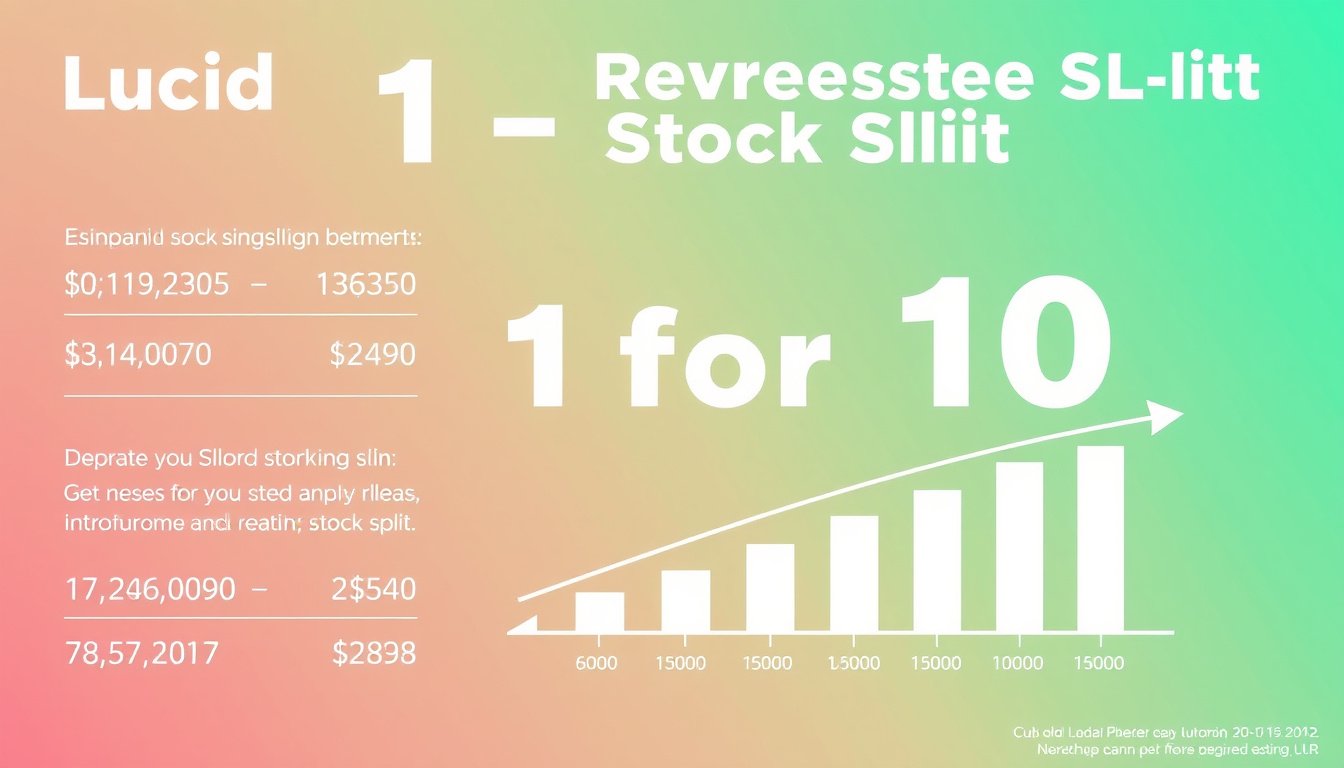In recent months, an unprecedented rise in early claims for Social Security benefits among retirees has sparked concern and curiosity across the country. With an alarming 13% increase in claims this fiscal year alone, many are left wondering: what is driving this surge? The trends indicate a complex cocktail of economic uncertainty, fear of future reductions in benefits, and changes in individual perceptions about retirement.
Understanding the Early Claims Surge
Many retirees, including individuals like Marty McGowan, are opting to file for Social Security benefits sooner than planned. McGowan initially intended to wait until age 70 to maximize his monthly payments, but anxiety over the economic landscape and political changes prompted him to claim at 67. This shift reflects a broader trend wherein retirees are prioritizing immediate security over potentially larger long-term benefits.
According to the Urban Institute, approximately 276,000 retirees filed for benefits this year through April, highlighting a strain in the Social Security system. As Jack Smalligan, a senior policy fellow at the Urban Institute, noted, this trend is concerning because claiming early can lead to substantial financial penalties in the form of reduced monthly payments.
Economic Anxiety as a Driving Factor
The backdrop to this trend is a growing apprehension about the stability of Social Security itself. Changes introduced during the previous administration, particularly at the Social Security Administration (SSA), have fueled fears about job security and benefit access. Many retirees worry that bureaucratic cuts might undermine their ability to claim benefits in the future. This sentiment was echoed by Leland Dudek, a former acting commissioner of the SSA, who acknowledged that fearmongering has pressured individuals into early claims.
Adding to this climate of uncertainty is the ongoing volatility of the stock market. When market drops significantly impacted retiree portfolios, many felt compelled to act quickly to secure their benefits, as seen in McGowan’s experience. The need for financial stability in a fluctuating economic landscape may drive some retirees to claim benefits sooner rather than later.
The Role of Spousal Benefits and Broader Demographic Trends
The rising number of retirees filing for benefits is also influenced by factors beyond individual financial strategies. A recent SSA initiative to identify eligible individuals has led to around 50,000 retirees claiming higher benefits to replace lower spousal payments. This shift highlights an important evolution in how retirees approach Social Security; as they navigate complex benefits, they are increasingly proactive in maximizing their entitlements.
The demographic wave of baby boomers reaching retirement age cannot be overlooked in this context. However, the overall surge exceeds what demographics alone would suggest. Retirees today are faced with more options and more significant uncertainties than previous generations, creating unique motivations for claiming benefits earlier.
Implications of Early Claims
Filing for Social Security benefits before reaching the full retirement age—generally 67 for those born in 1960 or later—carries significant long-term financial implications. Retirees opting to claim benefits at age 62 can see their monthly payments decrease by approximately 30%, which can drastically impact financial planning and quality of life in later years. Economists often frame Social Security as a form of longevity insurance, advantageous for those who anticipate a longer life.
For those like McGowan, the decision to claim early may seem prudent in the short term, but it can pose considerable risks for future financial security. That said, for many retirees, the prospect of outliving their savings paints a compelling picture for those who hesitate to delay benefits.
Conclusion
The rising trend in early Social Security claims is rooted in a complex interplay of economic anxiety, administrative changes, and evolving financial strategies among retirees. While some individuals are driven to take benefits earlier out of necessity, others may find themselves swept up in a wave of uncertainty that overshadows the potential long-term costs of premature claims. As retirees navigate these challenging waters, understanding the implications of their decisions remains crucial for securing a stable and fulfilling retirement.










